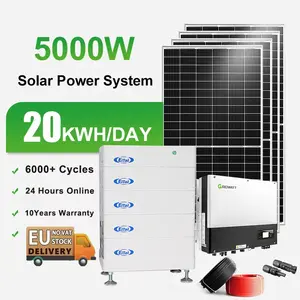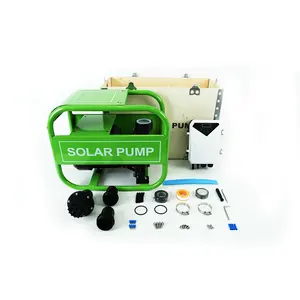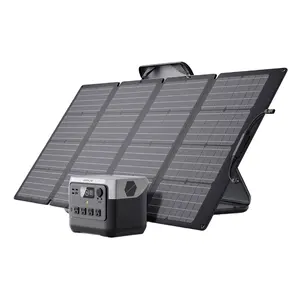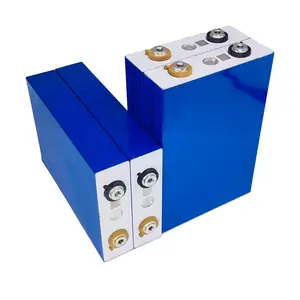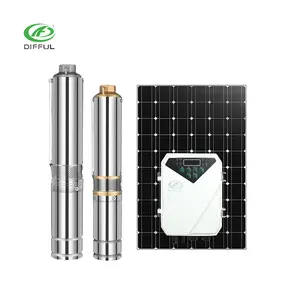Popular in your industry








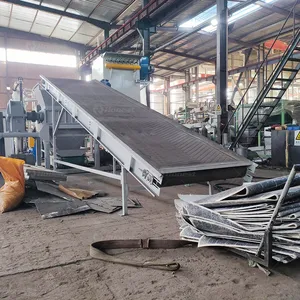

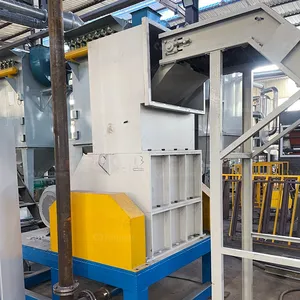























































Related Searches:


































































































































Top categories
About solar cell encapsulation
Solar Cell Encapsulation: An Overview
Solar cell encapsulation is a critical component in the photovoltaic module manufacturing process, ensuring the longevity and efficiency of solar panels. This protective layer shields solar cells from environmental factors, such as moisture and mechanical stress, which can significantly impact their performance and durability.
Types and Materials of Solar Cell Encapsulation
The encapsulation of solar cells can be achieved using various materials, each offering distinct advantages. EVA sheets for solar panels are commonly used due to their excellent adhesive properties and UV resistance. Alternatively, silicone encapsulant for solar cells provides superior durability and extended lifespan, making it a preferred choice for harsh environmental conditions. Innovations like perovskite solar cell encapsulation are also emerging, promising enhanced efficiencies in next-generation solar technologies.
Applications and Features
The application of solar cell encapsulation extends beyond traditional solar panels to include flexible and foldable solar panel technologies. These encapsulants offer features such as high transparency and low thermal resistance, which are essential for maintaining the optimal performance of solar cells in various applications, from residential roofing systems to large-scale solar farms.
Advantages of Advanced Encapsulation
Advanced encapsulation materials like EVA encapsulation solar cells contribute to the modules' longevity by preventing corrosion and delamination. The use of encapsulant solar panel technology also enhances the overall efficiency of the solar module by providing better light transmittance and reducing the potential for micro-cracks.
Choosing the Right Encapsulation Material
Selecting the appropriate solar cell encapsulation materials is crucial for manufacturers aiming to optimize the performance and lifespan of solar panels. Factors such as climatic conditions, the type of solar cells used, and the intended application play a significant role in determining the most suitable encapsulant.
Environmental Impact and Sustainability
The role of solar encapsulation extends to environmental sustainability. By protecting solar cells and extending their operational life, encapsulants reduce the need for frequent replacements, thereby contributing to the reduction of electronic waste and promoting the use of renewable energy sources.
